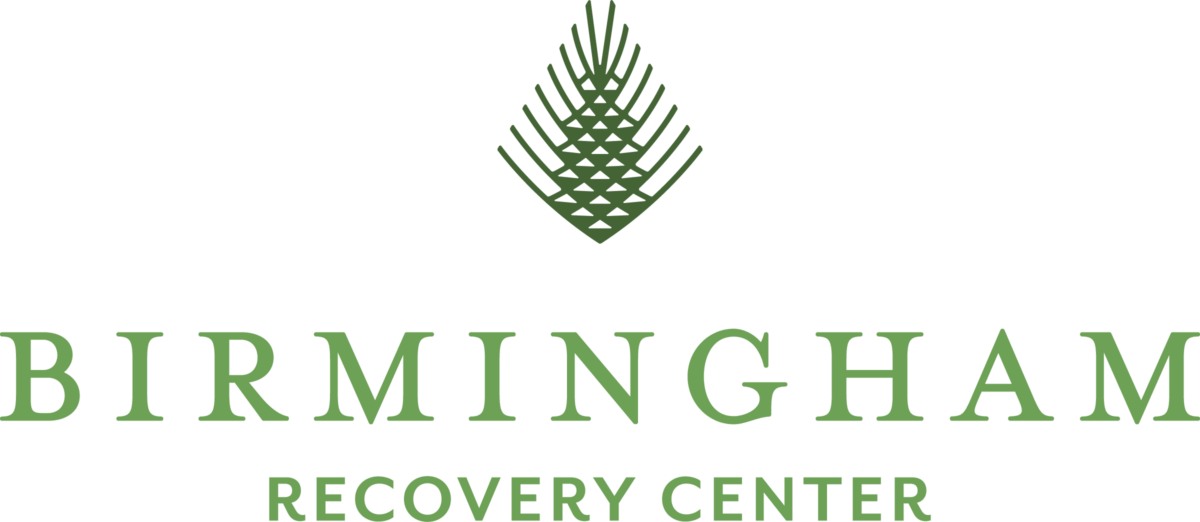The effects of addiction on family members can be extensive and destructive. Millions of homes are filled with families where addiction is impacting them on a regular basis, leaving battle wounds for everyone exposed to it. When addiction is occurring directly in the family, it is not only the addict who is suffering. Addiction is a family disease, meaning that even those who do not abuse drugs can still suffer to the same extent, if not more, than the user themselves.
What is Addiction?
Despite years of embedded misinformation, addiction is a disease, not a choice. Watching a loved one become addicted to drugs can absolutely feel like they are choosing drugs over you and other members of your family, but choice is not the issue at hand when it comes to addiction.
When addictive, mind-altering drugs like heroin, cocaine, marijuana, and prescription painkillers are abused, it produces a number of effects on the body and the mind. As abuse continues, the structure of the brain begins to change in response to the regular presence of drugs in the system. These changes then affect an individual’s ability to stop using, as every signal in their brain is telling them to keep using. Most individuals do not want to be addicted to drugs, rather they want to be able to live free of them. They may not vocalize this, but it is the honest truth for most. Addiction is painful and can destroy one’s life to the point of no return. The effects of addiction on family members can be just as painful and damaging, too.
Effects of Addiction on Family
Families develop ways of functioning with one another based on a number of factors that occur within their lives. They develop certain coping skills, share similar interests, and generally strive to keep the unit happy as a whole. When a disease as powerful as addiction enters into the picture, trying to establish a healthy family unit is near impossible.
When there is an addict in the family, every day can feel unpredictable. The anxiety that is created in response to that unpredictability can cause family members to socially isolate, become irritable, or even look for their own unhealthy ways to feel like they are in control of what is going on around them. There is no doubt that living in conjunction with addiction causes the entire family to begin functioning in ways that don’t always preserve the family’s well-being.
For example, if one of the children in the family is addicted, their parents may become so wrapped up in attempting to keep them safe that they neglect the needs of the other children in the home. Those children then may struggle with their self-esteem and self-worth due to not getting the attention they need to grow healthy. Some parents find themselves facing divorce as a result of their child’s addiction, while some children develop symptoms related to serious mental health disorders like depression and anxiety. It doesn’t matter who the addict is, nor does it matter who they live with, as their addiction is going to impact others in a number of different ways.
How Does Addiction Affect Children?
According to the National Association for Children of Addiction (NACOA) reports that 1 in 4 children live in homes where a parent is addicted to drugs or alcohol. This means that children in all corners of the country are being regularly exposed to parents who have a problem controlling their drug and/or alcohol abuse. For children, having a parent with an addiction serves as one of the top causes of lasting childhood trauma, which can lead to several issues down the line. These children are more likely to abuse drugs because of watching their role models do so and they are more likely to develop issues like anxiety disorders in the future. Children who bear witness to an addicted parent in the home also bear witness to other issues, such as neglect, abandonment, increased risk for physical/sexual/emotional abuse, and violence. In the moment, these issues can cause children to hide away from others or act out inappropriately. It can leave them feeling completely unsupported and unprotected, which is something that can be traumatizing for children.
Addiction and Parents
No parent ever wants to see their child become addicted to drugs. The thought of it alone can be painful enough, nevermind actually experiencing it. The truth is, however, that many parents have a child who is struggling with addiction. Their child’s substance abuse can quickly trigger the onset of negative effects of addiction on the family, including their parents.
Parents who watch their child go through addiction often become extremely worried, concerned, and even physically sick over what they are witnessing. They may stop eating or begin eating too much, have trouble sleeping, and lose their ability to concentrate because they are so preoccupied with their child’s addiction. It is possible that parents, if they are married, may start to have regular arguments centered around how to deal with the addicted child, which can lead to anger, resentment, and poor communication. Parents can quickly become stressed out to the maximum, leaving them susceptible to continue to struggle mentally, physically, and emotionally.
Addiction Treatment in Alabama
Living with an addiction is no way to live at all. Not only are you jeopardizing your own well-being, but you may be causing a number of effects of addiction on family members who you love.
We understand the challenges that come along with addiction. We also know that we have the skills and experience to help you make the changes needed to begin living a happier, healthier life free from addiction.
Do not waste any more time. Contact us right now by calling (205) 813-7400 or learn more about us by clicking here.

